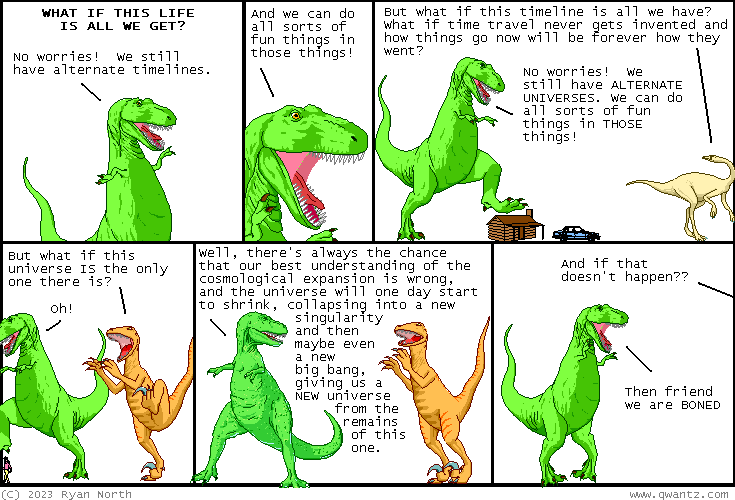I was born on July 20, 1944, amid a vast global conflict already known as World War II. Though it ended with the atomic bombings of Hiroshima and Nagasaki in August 1945 before I could say much more than “Mama” or “Dada,” in some strange fashion, I grew up at war. Living in New York City, I was near no conflict in those years or in any since. My dad, however, had volunteered for the Army Air Corps at age 35 on December 8, 1941, the day after the Japanese attack on Pearl Harbor. He fought in Burma, was painfully silent about his wartime experiences, and died on Pearl Harbor Day in 1983. He was the operations officer for the... Read more
Source: War, What Is It Good For? appeared first on TomDispatch.com.

